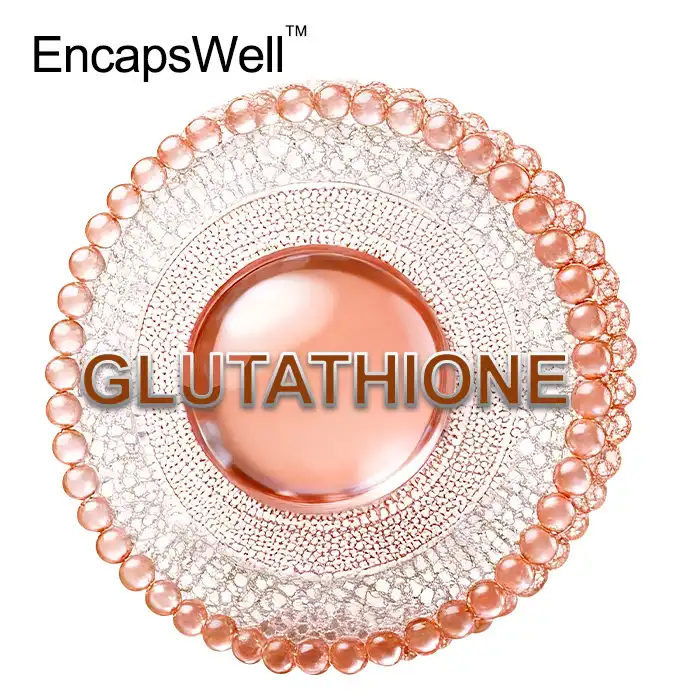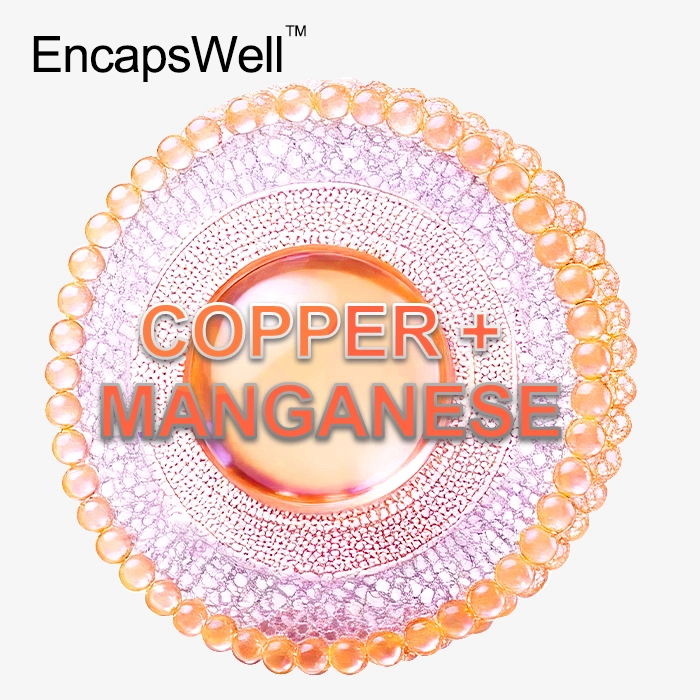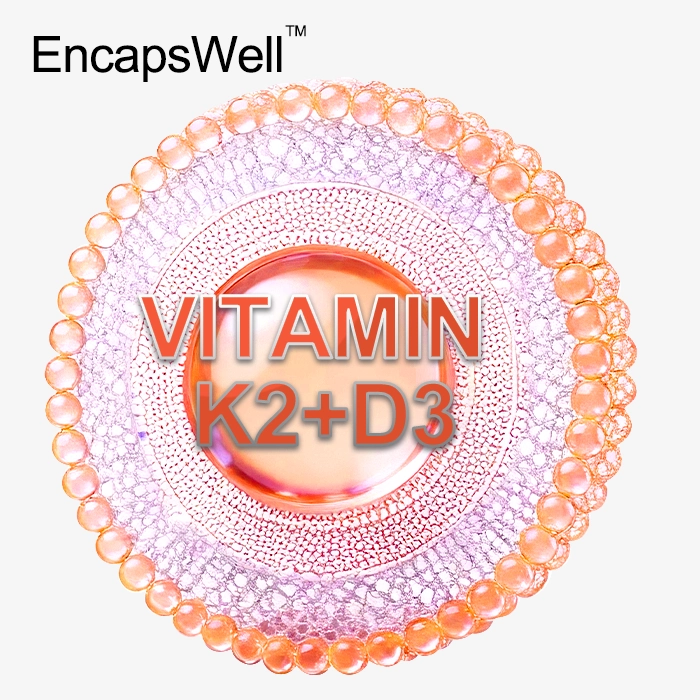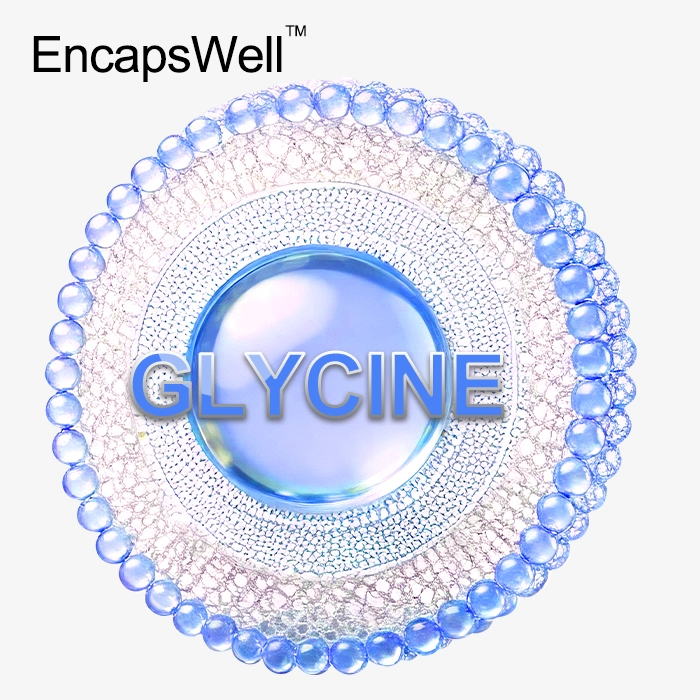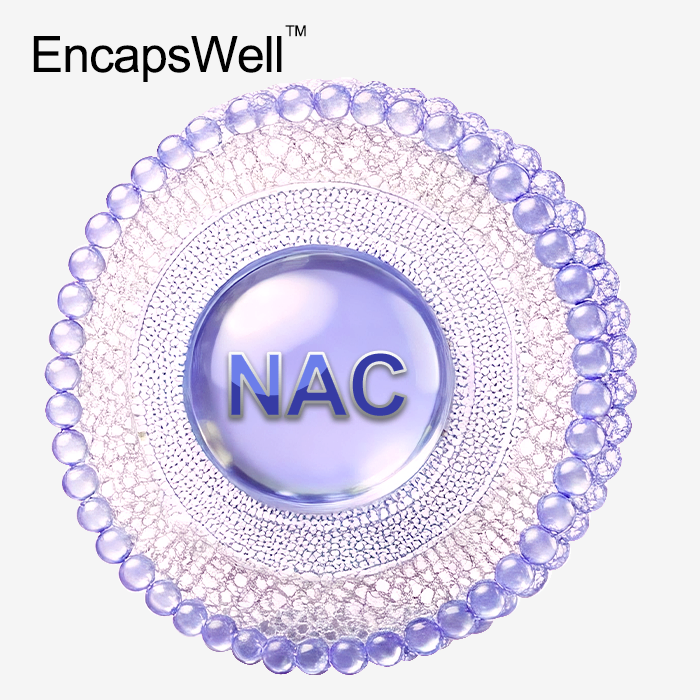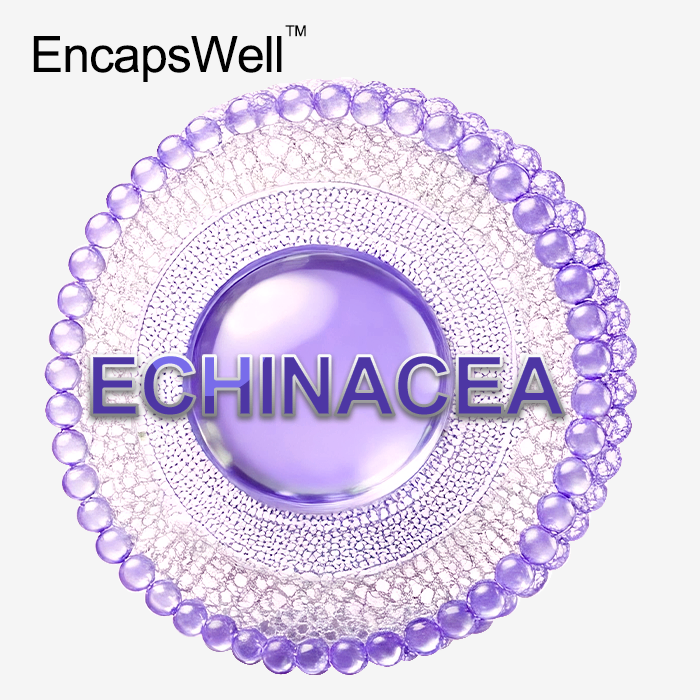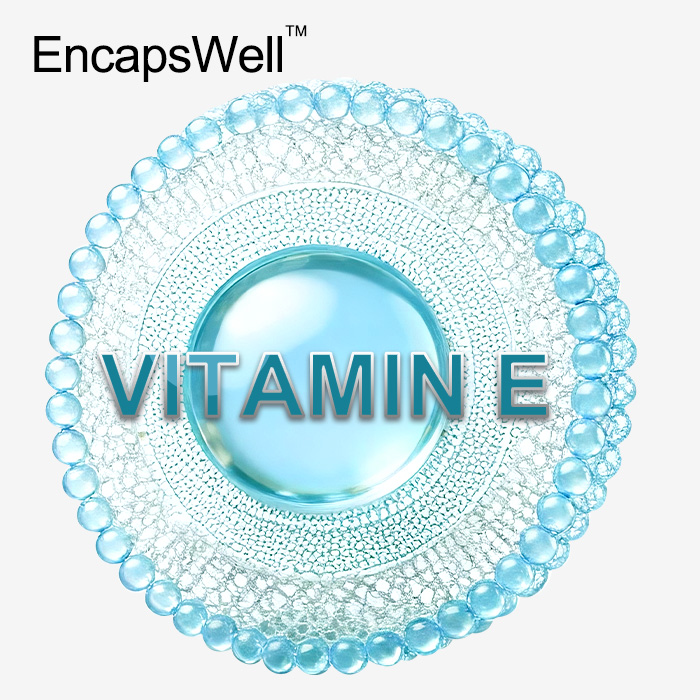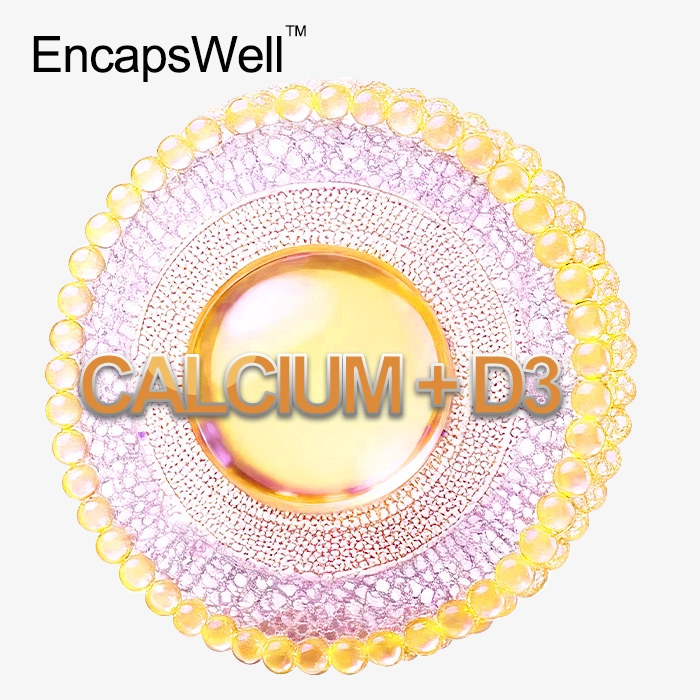How NMN Affects Neuronal Energy and Synaptic Plasticity
NMN's impact on brain function stems from its role as a precursor to NAD+, a coenzyme essential for cellular energy production and various metabolic processes. By examining how NMN influences neuronal energy and synaptic plasticity, we can better understand its potential cognitive benefits.
NAD+ and Mitochondrial Function in Neurons
Neurons are energy-intensive cells that rely heavily on mitochondrial function for their operations. NAD+ plays a crucial role in the electron transport chain, the primary mechanism for ATP production in mitochondria. By boosting NAD+ levels through NMN supplementation, neurons can potentially enhance their energy production, leading to improved overall function and resilience against stress and aging.
Synaptic Plasticity and NMN
Synaptic plasticity, the ability of synapses to strengthen or weaken over time, is fundamental to learning and memory. NAD+ is involved in various signaling pathways that regulate synaptic plasticity. By increasing NAD+ availability through Liposomal NMN powder supplementation, we may enhance the brain's capacity for forming and strengthening neural connections, potentially improving cognitive function and memory formation.
NMN's Role in Neuroprotection
Beyond its effects on energy production and synaptic plasticity, NMN may also offer neuroprotective benefits. NAD+ is crucial for DNA repair mechanisms and the activation of sirtuins, proteins that play a role in cellular stress resistance and longevity. By supporting these processes, NMN could help protect neurons from age-related damage and degeneration, potentially slowing cognitive decline.
Liposomal Absorption and Its Influence on Brain NAD⁺ Levels
The effectiveness of NMN supplementation largely depends on its ability to reach target tissues, including the brain. Liposomal technology offers a promising solution to enhance NMN's bioavailability and its impact on brain NAD+ levels.
Enhanced Bioavailability through Liposomal Encapsulation
Liposomal NMN powder encapsulates NMN molecules within phospholipid bilayers, mimicking the structure of cell membranes. This encapsulation protects NMN from degradation in the digestive system and facilitates its absorption into the bloodstream. The result is a higher concentration of intact NMN molecules reaching the brain, potentially leading to more significant increases in NAD+ levels compared to non-liposomal forms.
Crossing the Blood-Brain Barrier
The blood-brain barrier (BBB) presents a significant challenge for many supplements aiming to influence brain function. Liposomal technology may enhance the ability of a liposomal NMN supplement to cross this barrier. The lipid-based structure of liposomes can interact with the BBB's lipid membranes, potentially facilitating the transport of NMN into the brain tissue. This improved penetration could result in higher brain NAD+ levels and more pronounced cognitive effects.
Sustained Release and Prolonged Effect
Liposomal delivery systems often provide a sustained release of their contents. In the case of liposomal NMN powder, this could translate to a more steady and prolonged increase in brain NAD+ levels. This sustained effect may lead to more consistent cognitive benefits throughout the day, as opposed to the potential fluctuations associated with non-liposomal forms of NMN.
Neuroprotective Potential of Liposomal NMN in Cognitive Longevity Research
As the global population ages, the search for effective strategies to maintain cognitive health and prevent age-related decline intensifies. Liposomal NMN powder has emerged as a promising candidate in cognitive longevity research, offering potential neuroprotective benefits that could help preserve mental acuity and memory function over time.
Age-Related Cognitive Decline and NAD+ Depletion
Cognitive decline is a common feature of aging, often associated with decreased NAD+ levels in the brain. This reduction in NAD+ can lead to impaired energy metabolism, reduced DNA repair capacity, and diminished sirtuin activity - all of which contribute to neuronal dysfunction and cognitive impairment. Liposomal NMN supplementation aims to address this issue by replenishing NAD+ levels, potentially slowing or even reversing some aspects of age-related cognitive decline.

Oxidative Stress Reduction and Neuroinflammation
Oxidative stress and neuroinflammation are key contributors to cognitive aging and neurodegenerative diseases. NAD+ plays a crucial role in antioxidant defense mechanisms and the regulation of inflammatory responses. By boosting NAD+ levels, liposomal NMN supplement may enhance the brain's ability to combat oxidative damage and reduce chronic inflammation, potentially preserving cognitive function and protecting against age-related neurological disorders.
Long-Term Cognitive Health and Brain Plasticity
Maintaining brain plasticity - the ability to form new neural connections and adapt to new information - is essential for cognitive longevity. NAD+ is involved in various processes that support neuroplasticity, including the regulation of gene expression and the maintenance of telomeres. Long-term supplementation with liposomal NMN powder could potentially support these mechanisms, promoting sustained cognitive health and adaptability throughout the aging process.
Conclusion
Liposomal NMN powder presents a promising avenue for supporting cognition and memory. Its ability to boost NAD+ levels in the brain, coupled with enhanced bioavailability through liposomal delivery, offers potential benefits for neuronal energy production, synaptic plasticity, and neuroprotection. While research is ongoing, the current evidence suggests that liposomal NMN supplementation could play a significant role in maintaining cognitive function and promoting brain health as we age. As with any supplement, it's essential to consult with healthcare professionals and stay informed about the latest research developments in this rapidly evolving field.
FAQs
1. What is liposomal NMN powder?
Liposomal NMN powder is a supplement form of NMN (Nicotinamide Mononucleotide) encapsulated in liposomes for enhanced bioavailability and stability.
2. How does liposomal NMN support cognition?
Liposomal NMN supports cognition by increasing NAD+ levels in the brain, which may enhance neuronal energy production, synaptic plasticity, and neuroprotection.
3. Is liposomal NMN powder safe?
While generally considered safe, it's always best to consult with a healthcare professional before starting any new supplement regimen.
Experience the Cognitive Benefits of Liposomal NMN Powder | EmerWell
As a leading supplier and manufacturer of liposomal supplements, EmerWell offers premium liposomal NMN powder formulated for optimal cognitive support. Our state-of-the-art EncapsWell™ technology ensures superior bioavailability and stability, backed by rigorous quality control and scientific expertise. Partner with us for tailored OEM/ODM solutions that meet your unique product needs. Contact us at info@emerwell-bio.com to explore how our liposomal NMN powder can elevate your cognitive health offerings.
References
1. Johnson, S., et al. (2018). NAD+ and sirtuins in aging and disease. Trends in Cell Biology, 28(1), 20-33.
2. Lautrup, S., et al. (2019). NAD+ in Brain Aging and Neurodegenerative Disorders. Cell Metabolism, 30(4), 630-655.
3. Covarrubias, A. J., et al. (2021). NAD+ metabolism and its roles in cellular processes during ageing. Nature Reviews Molecular Cell Biology, 22(2), 119-141.
4. Yoshino, J., et al. (2018). NAD+ Intermediates: The Biology and Therapeutic Potential of NMN and NR. Cell Metabolism, 27(3), 513-528.
5. Hou, Y., et al. (2018). NAD+ supplementation normalizes key Alzheimer's features and DNA damage responses in a new AD mouse model with introduced DNA repair deficiency. Proceedings of the National Academy of Sciences, 115(8), E1876-E1885.
6. Gomes, A. P., et al. (2013). Declining NAD+ Induces a Pseudohypoxic State Disrupting Nuclear-Mitochondrial Communication during Aging. Cell, 155(7), 1624-1638.

